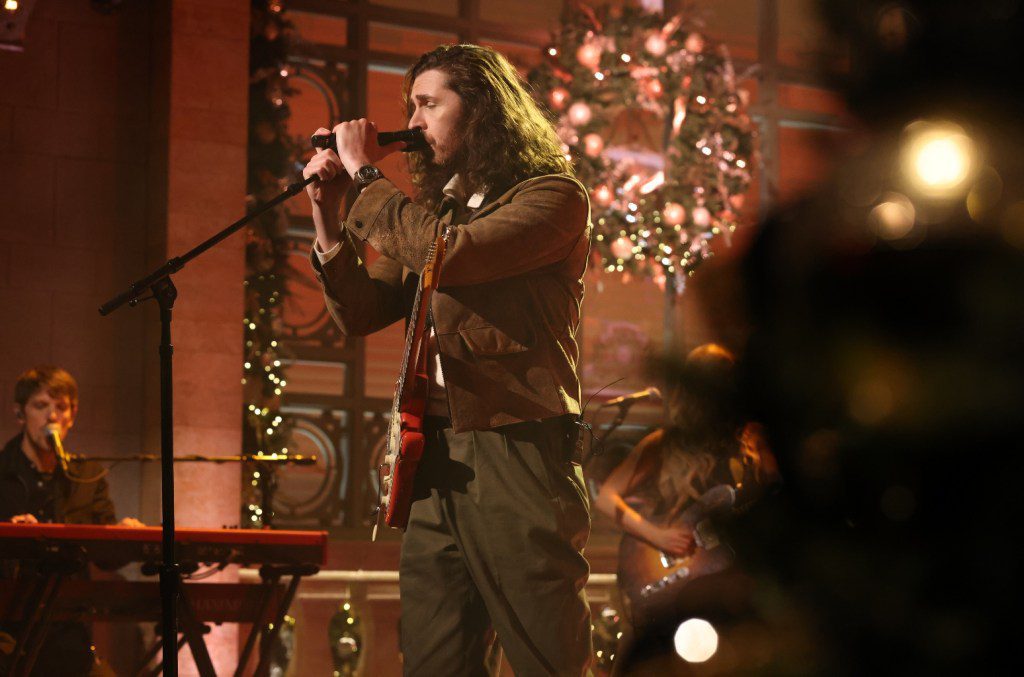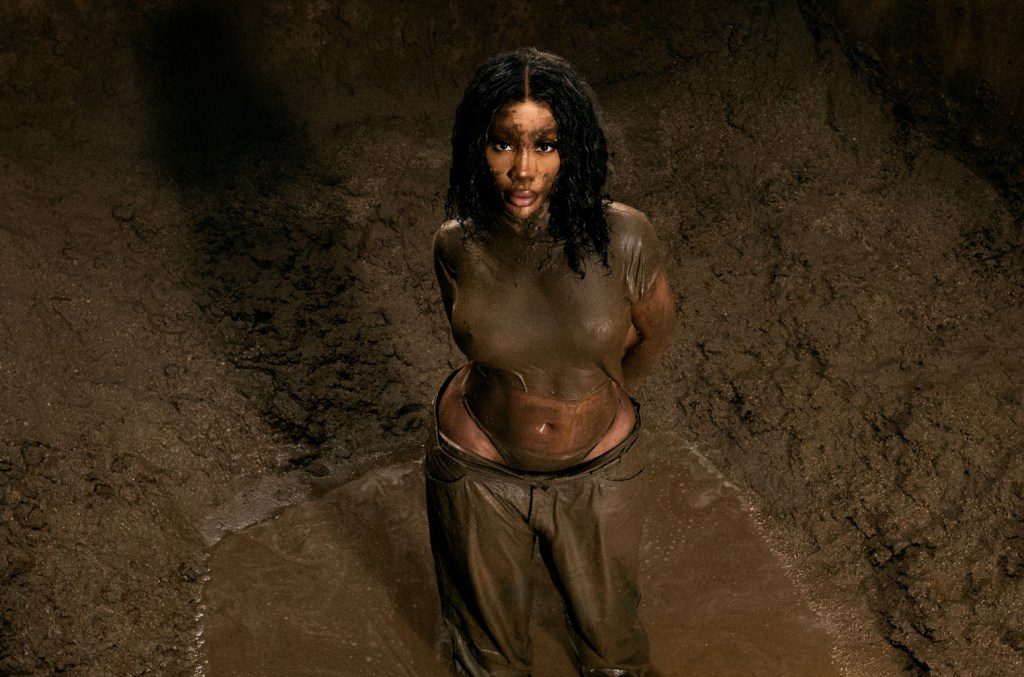Germany holds series of concerts to study risks of coronavirus
A series of concerts were held in Germany on Saturday (August 22) to investigate the risks posed by mass indoor events during the coronavirus pandemic.
Scientists from Halle University carried out the experiment across three successive gigs with 1,500 healthy volunteers aged between 18 and 50 – only a third of the expected number they expected to take part.
Tim Bendzko, the German singer-songwriter known for his song ‘Nur noch kurz die Welt retten’, agreed to perform at the concerts.
The study came after Germany recorded its highest number of coronavirus cases since the end of April. According to the Robert Koch Institute, more than 2,000 cases were recorded in the last 24 hours, bringing the total number of cases to 232,082.
Researchers from the experiment said it the concerts were put on “to investigate the conditions under which such events can be carried out despite the pandemic.”
NBC News shared footage from the concert – you can watch it below.
The first of the three gigs aimed to simulate an event before the pandemic, with no safety measures in place. The second involved greater hygiene and some social distancing, while the third involved half the numbers and each person standing 1.5m apart.
All participants were tested for COVID-19 before taking part, and given face masks and tracking devices to measure their distancing. Fluorescent disinfectants were also reportedly used to track which surfaces audience members touched the most.
Speaking about his experience performing at the concerts, Bendzko said: “We really enjoyed it. At first I thought it would be very sterile because of the masks, but it felt surprisingly good. I hope that these results will help us to hold real concerts in front of an audience again soon.”
The BBC reports that the project received 990,000 euros (£892,000, $1.17m) in funding from the states of Saxony-Anhalt and Saxony with the aim of helping to pave the way for the resumption of major indoor sporting and music events by ascertaining realistic levels of risk.
The initial results of the study are expected to arrive in the autumn.
Meanwhile, the organisers of the socially distanced trial gig featuring Frank Turner that took place in London last month, have acknowledged that the event “did not succeed” in creating a viable blueprint for the return of live music.
The show took place on July 28 at the 1250-capacity Clapham Grand, with Turner performing to just 200 socially distanced attendees – less than 20% of their normal capacity.




